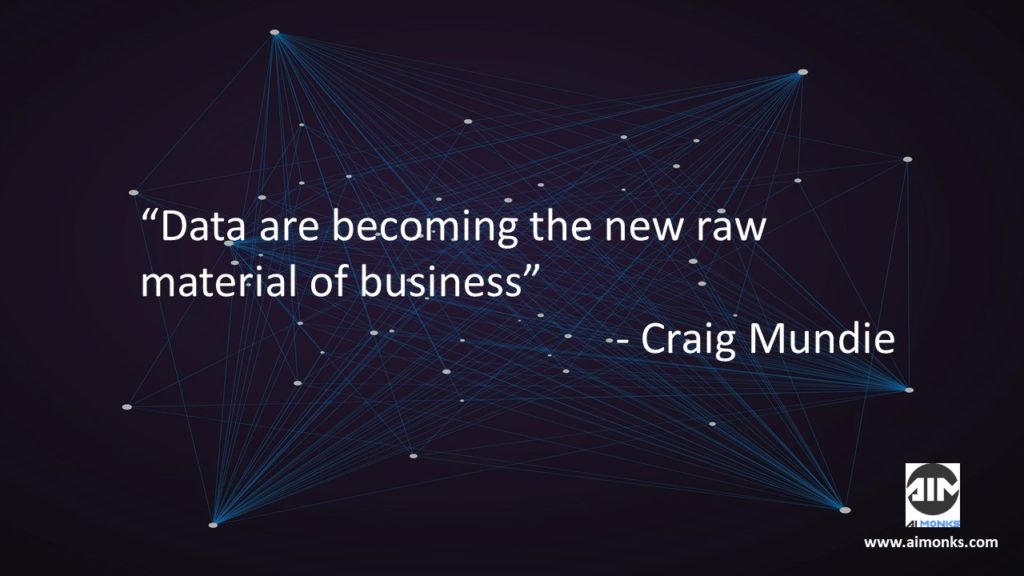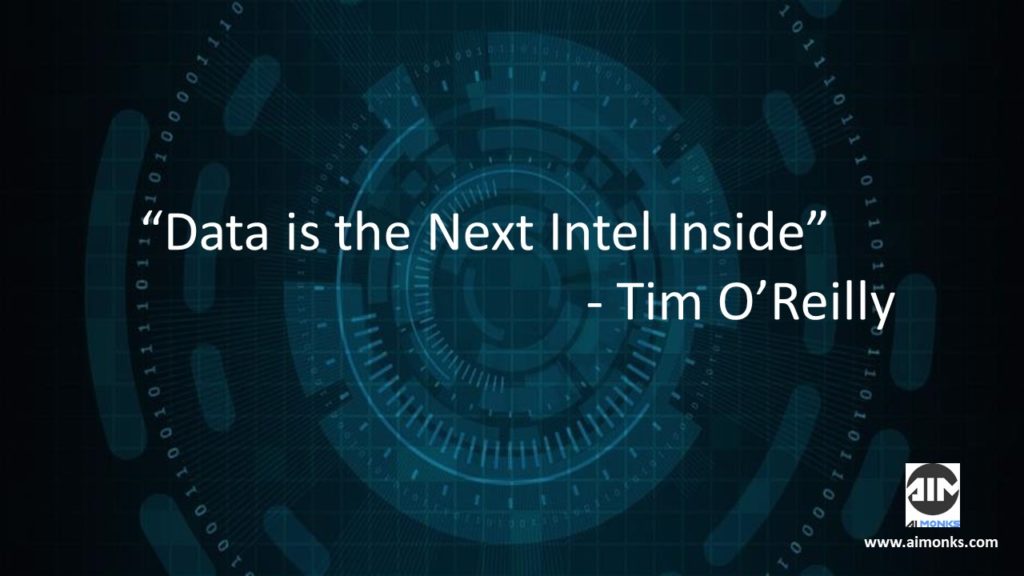In the last few years, we have seen a great deal of data science and analytics courses emerging here and there. Though the buzz words “data science”, “analytics”, “machine learning” and others may sound fascinating and talk of the town, are they really great as stand-alone fields?
The answer is Yes and No.
Don’t worry, I will not leave at this stage. I will talk about the rationale behind my statement.
Data analytics or data science is essentially analyzing data to answer business problems – how do I improve customer retention? What products to offer to what kind of customer? So on and so forth. Does having knowledge of machine learning models or data science tools provide a solution to business problems?
No, for the simple reason that these machine learning models and data science tools are simply means to your end, not the end in themselves.
Business acumen, when combined with analytical knowledge, becomes a lethal combination where you would know which model to apply in what business context and how to measure the impact of the analytics exercise?
Now, let’s look at the other side of the picture where a person has just the business acumen and not data science knowledge. This scenario has existed for years – traditional management courses have always focused on developing business understanding and acumen, not focusing too much on the data analytics side. So, why does this need to change now? What has changed in the industry that data science should be integrated with traditional business courses?
Below, I will talk about why, in recent years, it has become important to integrate data science and analytics with business courses:
The shift from Opinions and Qualitative Assessment to Data-Driven Objective Assessments
Traditionally, most of the decision making was done based on experience and judgement, and that’s why people with white hair were considered big shots in their respective industries. There were majorly two reasons for this: 1) lack of availability of relevant data; 2) lack of technological and computing power to analyze data. In the past few years, data has grown at an exponential pace. Moreover, with the commoditization of hardware and software, analyzing large volumes of data has become economical. This is resulting in more and more analysis and dependence on data, rather can just simple qualitative assessment and opinions.

Evolving and New Business Models Challenging Traditional Thought Process
Business models are evolving way too fast and competition is growing at a rapid pace. A lot of companies are struggling to improve their EBITDA by even 0.1%. In such cases, companies are apprehensive in taking decisions simply based on one person’s gut feeling. Instead, companies now prefer to analyze data and then take decisions which are customized to your industry and their business models.

Increased Sophistication of Predictive Models
Predictive models have improved over the years. It has become possible to predict a customer’s behaviour or action with fairly decent accuracy (how good is decent is debatable – let’s not go there). Any random guess (or based on experience) would have 50-50 chance of getting a positive result. When you decide based on historical patterns and trends, this 50-50 tends to shift towards the positive side. However, when results from predictive models are combined with business knowledge, it adds confirmation to your belief. This ensure that the decisions taken are objective and not based on someone’s bias.

In recent years, companies have developed a dependence on data-driven analysis and gradually, that dependence is increasing. In such a scenario, it is inevitable for business schools to integrate data science and analytics to meet industry demands. Furthermore, this will also ensure that professionals from such courses have relevant skills as soon as they enter the industry.
To an extent, a lot of business schools have already started doing it. And, that’s why such courses are mushrooming and gaining prominence. In my opinion, this is going to grow in future.
Comment here